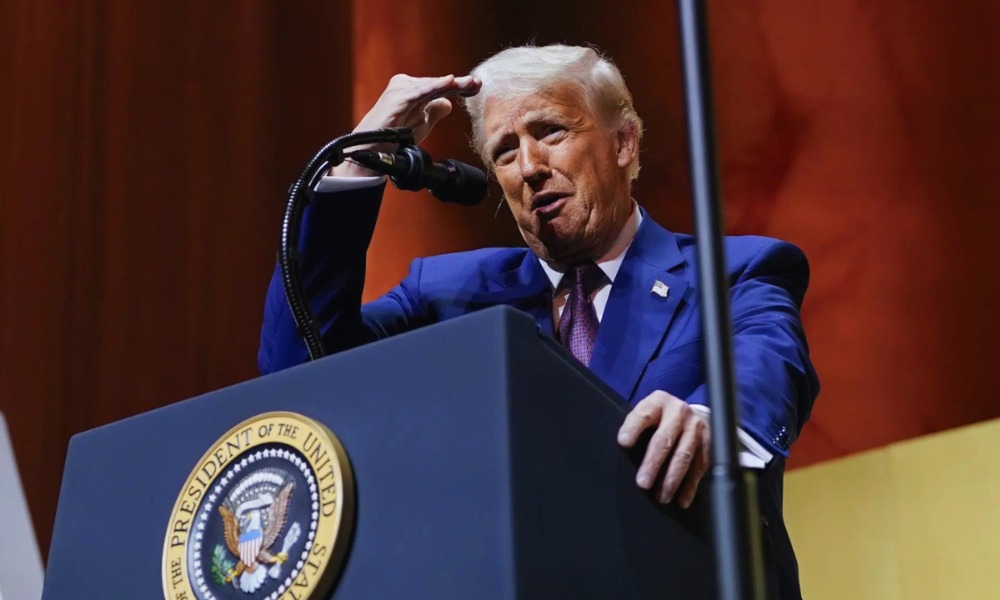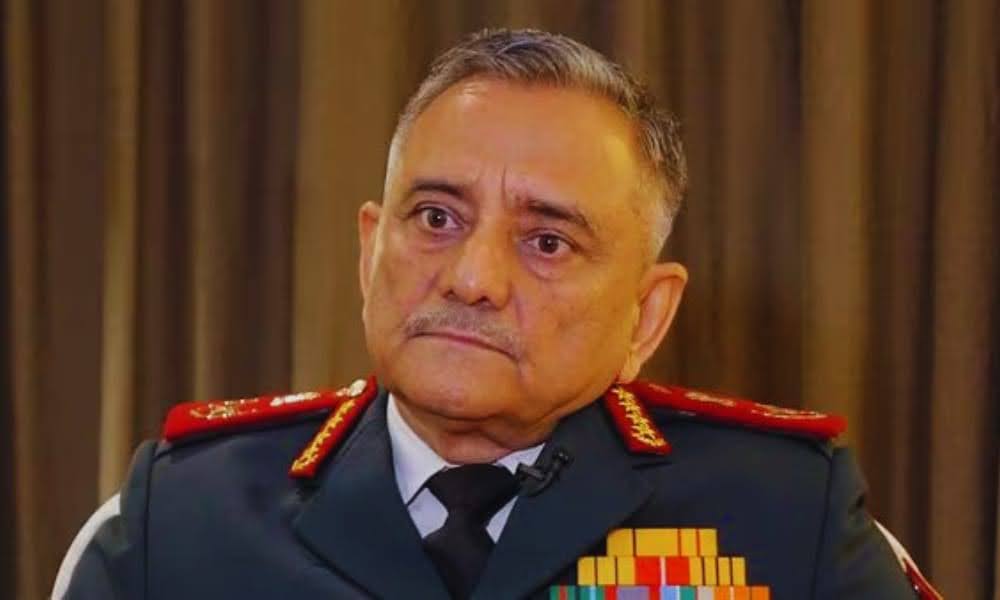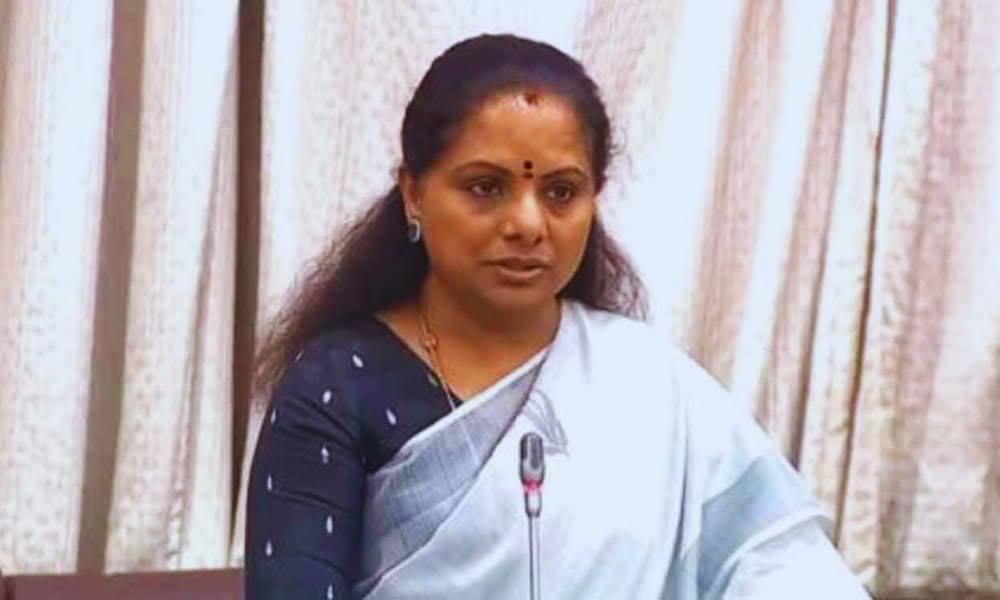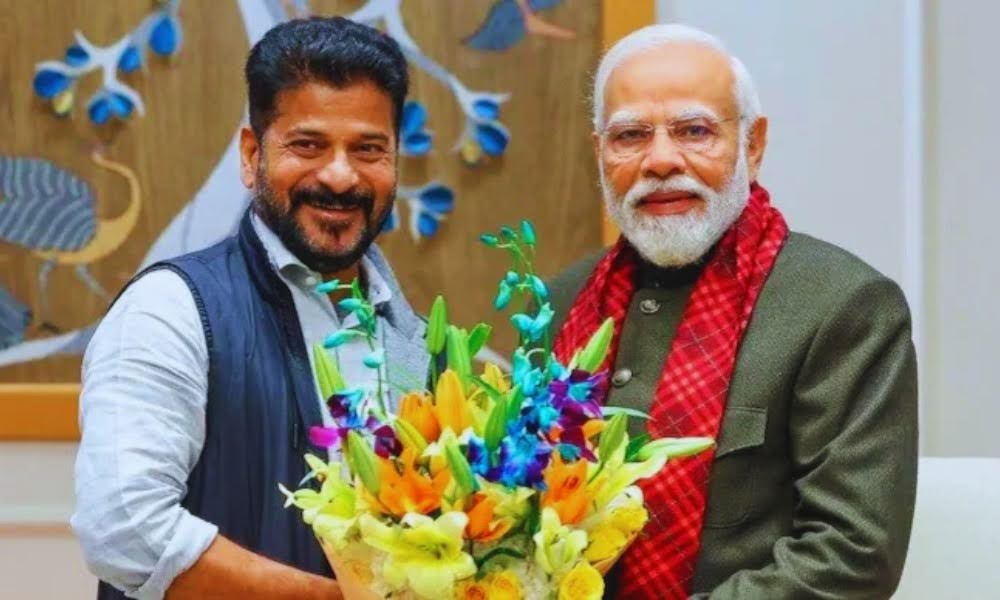US $21M Voter Turnout Funding Was for Bangladesh, Not India: Report

The United States government’s alleged $21 million funding “for voter turnout” was actually designated for Bangladesh, not India, as reported by The Indian Express based on official federal spending records.
On Sunday, the Department of Government Efficiency, under the Donald Trump administration, announced the cancellation of several international aid initiatives via the United States Agency for International Development (USAID), citing concerns over excessive taxpayer spending.
USAID, an independent agency, oversees foreign aid and development assistance on behalf of the US government. In January 2024, Trump imposed a 90-day freeze on USAID disbursements, pending a review by the State Department.
Funding for CEPPS Revoked
The list of canceled grants included $486 million allocated to the Consortium for Elections and Political Process Strengthening (CEPPS).
This sum allegedly included a $21 million grant for voter turnout in India, but records show no USAID-funded CEPPS project has been active in India since 2008.
CEPPS, which includes the National Democratic Institute (NDI), the International Republican Institute (IRI), and The International Foundation for Electoral Systems (IFES), works on democratic transitions worldwide through USAID’s Global Elections and Political Transitions Program.
The Department of Government Efficiency, led by Elon Musk, has not specified which Indian entity was allegedly set to receive the funds.
Bangladesh’s ‘Amar Vote Amar’ Program
The Indian Express reported that the only ongoing USAID grant to CEPPS matching the $21 million allocation was sanctioned in July 2022 for Bangladesh’s “Amar Vote Amar” (My Vote is Mine) project.
The initiative, later renamed the “Nagorik (Citizen) Program” in November 2022, aimed to promote political and civic engagement among students. The grant, set to run until July 2025, had already disbursed $13.4 million by early 2024.
These funds were used to organize 544 youth events in Bangladeshi universities since September 2022, directly engaging over 10,264 university students in democratic leadership programs.
The grant was confirmed by a Dhaka-based USAID political adviser in December 2024, who posted on social media: “The USAID-funded $21 million CEPPS/Nagorik project… which I manage.”
Sheikh Hasina’s Re-election and US Concerns
The January 2024 Bangladeshi elections saw former Prime Minister Sheikh Hasina re-elected amid widespread student-led protests against her Awami League government.
Hasina later resigned and fled to India in August 2024. The United States had previously criticized the elections, stating they were “not free and fair.”
Political Reactions and Trump’s Claims
On Wednesday, former US President Donald Trump speculated that the previous administration had been “trying to get somebody else elected” in India by allegedly funding voter turnout efforts.
He questioned the necessity of such spending, comparing it to concerns over Russian election interference in the US. However, Trump did not specify when this alleged funding was disbursed or provide evidence to support his claim.
The ruling Bharatiya Janata Party (BJP) in India seized upon Trump’s remarks, suggesting they confirmed foreign interference in Indian elections.
BJP leader Amit Malviya stated on social media that the claim “reaffirmed Prime Minister Modi’s assertion during the 2024 campaign that foreign powers were trying to stop him from coming to power.”
Malviya also accused Congress leader Rahul Gandhi of aligning with foreign agencies to undermine India’s interests.
The Opposition Congress party dismissed Trump’s remarks as “nonsensical” and called for a white paper on USAID’s funding of Indian government and non-governmental organizations. The Indian government has yet to officially comment on these allegations.
Clarifications on the IFES Agreement
On Friday, Malviya claimed that The Indian Express misrepresented the $21 million funding issue.
He pointed to a 2012 Memorandum of Understanding (MoU) between India’s Election Commission, under then-Chief Election Commissioner S.Y. Quraishi, and the International Foundation for Electoral Systems (IFES).
He alleged that this agreement facilitated “external interference” through USAID.
However, Quraishi rejected these claims, clarifying that the MoU was a non-financial agreement meant to provide election management training.
He stated, “There was no financing or even promise of finance involved… The agreement made it clear in black and white that there would be no financial or legal obligation on either side.”
Malviya further alleged that USAID continued funding initiatives in India post-2014, citing documents previously available on CEPPS’ now-defunct website.
He claimed that USAID, IFES, and associated organizations were involved in systematic attempts to influence India’s institutions, benefiting the Opposition Congress party.
India Investigates Possible Foreign Interference
On Friday, Ministry of External Affairs (MEA) spokesperson Randhir Jaiswal confirmed that relevant authorities were investigating the claims about USAID’s funding in India.
Jaiswal stated: “These revelations are deeply troubling… concerns about foreign interference in India’s internal affairs are being taken seriously, and relevant departments are looking into the matter.”
Jaiswal refrained from making further public comments, stating that more details would be provided once the investigation progresses.







